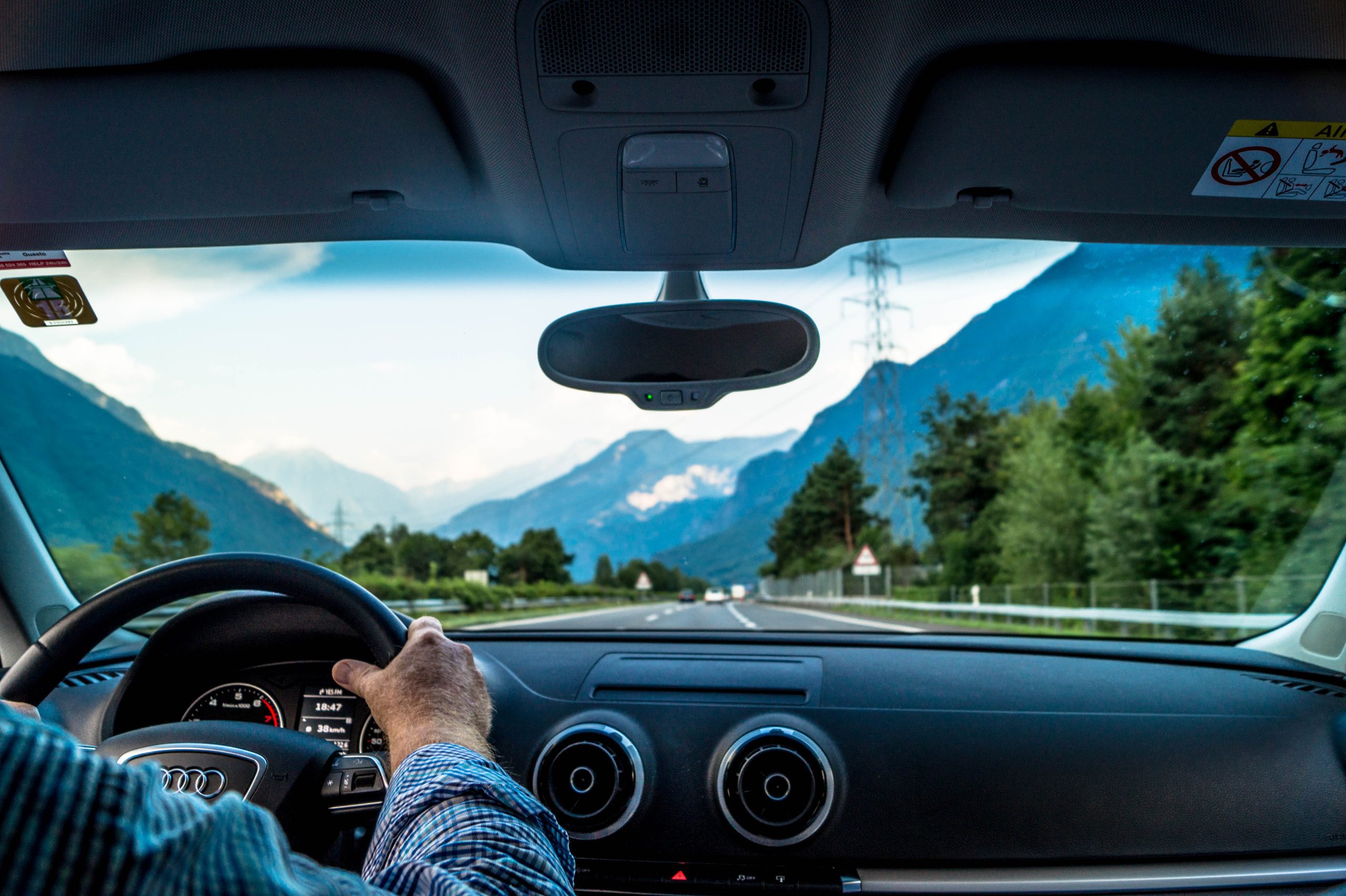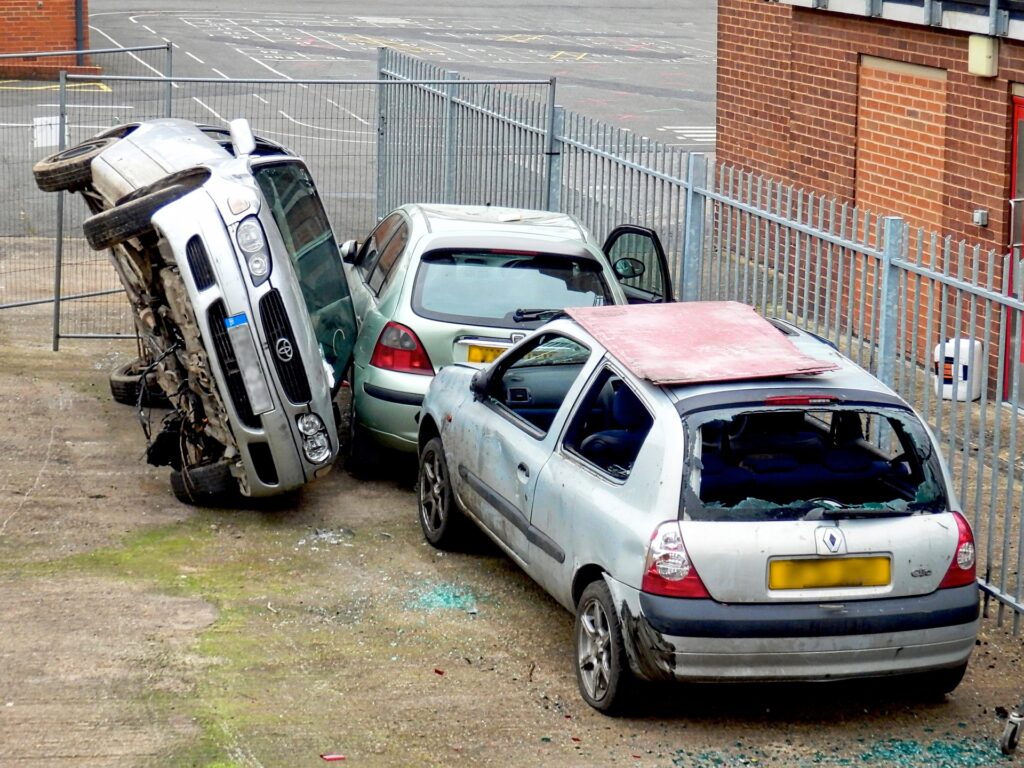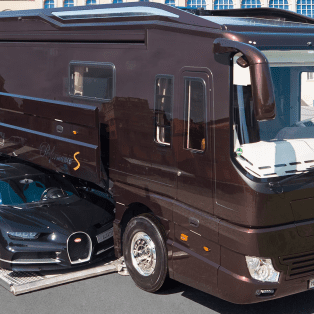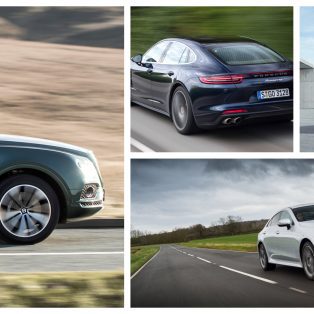The idea of technology as a bad thing is fairly rare, outside of the odd disaster movie where AI tries to take over the planet. We’re trained to see technology as a way of improving life; it helps us make the most of time and get things done more effectively than we ever would have thought possible before.
There are few areas in life where tech-savviness has changed so much and so completely as with cars. Once upon a time, cars were relatively simple. Probably best defined as an engine with a few seats strapped on top of it; the cars of old were very different to the computerized wizardry that makes up the modern car.
Not only are cars well on their way to being self-driving, there’s plenty more innovations that have changed the way that we drive forever. Do you remember the terror of trying to reverse park when you were learning to drive? Or those terrifying moments when you lose your concentration on a highway and have to yank the wheel so you’re back between the lines?
Taking The Driver Out Of The Equation
Those experiences are becoming a thing of the past as technology moves and evolves. The impetus is being removed from the driver and focusing on the machine taking the wheel. The benefits don’t end there, either. Now you can cruise around town on a hot summer day and feel nothing but the chill of air conditioning; you can heat seats and defog windows; and you can be told that your tire is on its way to becoming flat before you have felt any difference in the handling.
So… tech is good, right? All of the conveniences above, the onward rush towards everything being done for you, that’s nothing but positive. Now, one might conclude, drivers have fewer issues to distract them from the road ahead. The car itself can tell you if there is a risk of a collision; the anti-lock brakes can let you drive on snow without a wobble… surely driving today is less risky than it’s ever been?
If that were the case, you’d think that the number of car accidents per year would have been on a downward curve, especially in the last decade when this technically really took hold. Yet that’s just not the case.
What The Statistics Say
In 2015, there were more than 35,000 deaths on the roads of the United States – which was an increase on the year before. And although the overall trend has been reduction, it’s still not a huge difference. While the 35,000 figure is vastly better to those over 40,000 in the 1980s, there’s no obvious pattern of technology being at the root of the improvement. In fact, the downward trend began around the mid-1990s – way before huge tech innovations. It’s thus better to conclude that improved car safety, not technology, is responsible for the negligible reduction in deaths on the road per year.
The UK, for example, has even seen increases in the number of deaths per annum. There’s no obvious proof that technological advances in cars is making us any safer.
In fact… could it be causing us harm?
How Technology Is Hurting Cars
Moving aside from the safety issue for a moment, there are a variety of ways in which tech advances have actually made life more difficult for the average driver.
The biggest is the simple fact that cars are now complicated machines. 30 years ago, repairing a car was relatively simple. There were only so many things that could go wrong; a set of components similar across all makes and models, which meant that backyard mechanics could tinker to their hearts’ content.
Nowadays? Well – you need to be an electrician to have any chance of figuring out what’s wrong with a car. While many innovations have allowed cars to self-diagnose in some instances – tire pressure warnings, for example, are incredibly useful – that doesn’t mean they can explain the fix. If the problem is in the electrical work, then you’re going to be looking at a huge repair bill for a specialist auto electrician to give their opinion.
Even if you’re handy with an engine, that doesn’t mean you can understand all the different electrical components at work. It also makes it more difficult to get your car to “limp home” if you have an accident or breakdown where it’s inconvenient to be halted. There’s simply too much going on, too many sensors to override, too much for any layperson to truly be able to understand.
The Crashing Problem
There is absolutely no doubt that car safety has improved leaps and bounds. Crash tests, for example, have meant that cars are far safer now than they ever were before. The innovations that have allowed cars to crumple on impact – this absorbing the potentially lethal G-forces sustained in a collision – have doubtless saved thousands of lives. Whether or not you consider these “technology” is a matter for debate, but the fact remains: cars are safer.
What isn’t safer are the people behind the wheel. We’re still – not to put too fine a point on it – stupid. The risk of people driving while inebriated is as real as ever, despite years of advertisements and public awareness campaigns. People are just too arrogant to think that while they may feel fine, they might not be safe behind the wheel. And so – no matter what tech achieves – it’s hard to see deaths through drunk driving decreasing.
So not only do some of the old problems linger, but we also have a brand new one to contend with: smartphones. Despite plenty of driverless connectivity in new models of cars, people are still picking up their phone or being distracted while driving. It’s worth noting there’s even evidence that it’s just as dangerous to talk on a handsfree phone while driving as it is if you hold the phone to your ear – it’s the distraction, not the physical action, that matters.
So it’s no wonder with this shiny new distraction that many of us find ourselves getting into accidents, forced to wonder to ourselves: How do I cope without a car while it’s being repaired? Can I make a no win no fee car accident injury claim? And – if you were the one holding the phone – am I going to be prosecuted?
It’s perhaps a fair judgment to say that we have hit a point where we can’t win. In some ways, technology has made us far safer. In others – with the likes of smartphones – it’s placed us in danger. As safety has improved in one way, it’s come right back up through a different mechanism. We can’t win.
So Is Technology Bad For Your Car?
On one hand: no, of course not. Technology is producing safer cars, albeit ones that are less fixable by someone with years of experience as a mechanic. It could even be argued that in itself is a good thing; the less that people who don’t know what they are truly doing are able to mess with their cars, the better. The fact we now have to bounce even the smallest of errors to a qualified autoshop or mechanic is probably a good thing on many levels.
Then there is the smartphone problem, which seems to come down on the side of the argument that says tech is bad. As discussed, the problem with smartphones is not the device itself but the distraction it causes. Which brings us to another problem… infotainment.
It’s an annoying word, isn’t it? “Infotainment” – the portmanteau that none of us ever wanted or needed. It’s the term that car makers use to attract buyers with shiny new toys. Now, built into the car itself, you might be able to watch TV, get traffic updates, skip through your streaming playlist… oh, and maybe keep your eyes on the road if you remember. That’s right; even if you leave your smartphone out of the equation, there’s now so much information and fun stuff a car can offer.
This is sold as a positive. In some situations, it undoubtedly is; if you’re stuck in traffic then you’re going to be massively grateful for something to do without running down your smartphone battery. However, few of these systems stop working when the car is in motion – the argument being that a passenger can still control them safely. Is it always just the passenger though? Or is the driver, distracted from the road, that is tempted to tap the touchscreen or consult with their Twitter feed?
It’s Up To Us
The key thing to remember is that, when it comes to cars and tech, it’s up to us. We have to be strong enough to look away from the distractions and focus on the road. If we’re the passenger, we have to be brave enough to say to a driver that they shouldn’t be looking anywhere but forward. If we harness these advances, then tech in cars can be nothing but a good thing – but it’s on us as a society to do so.


















